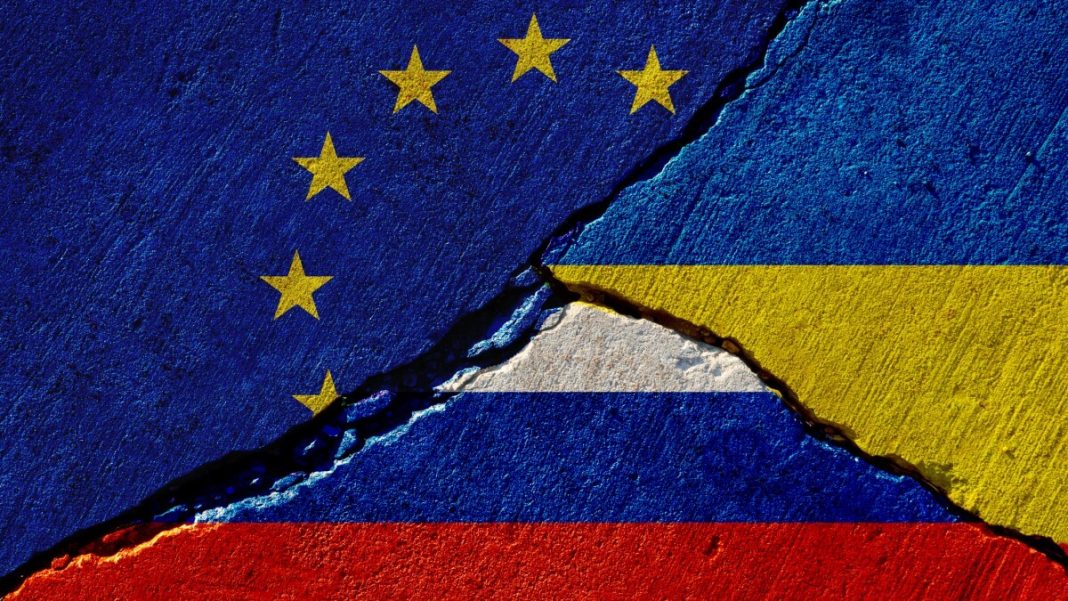Stopping the issuance of Schengen visas for citizens of Russia or at least reducing the number of visas issued to them has been a discussion topic in many European Union member states in the last month.
Despite several calls being made against imposing a visa ban on Russians, some EU member countries have already introduced restrictions, VisaGuide.World reports.
Lithuania was one of the first countries that decided to restrict the issuance of visas to Russians. Back in February, the Lithuanian authorities said that the country would no longer issue visas for citizens of Russia, including those seeking medical help in the country.
Estonia also stopped issuing visas to Russians on August 18. Additionally, the country also banned entry for all Russians who hold a Schengen visa issued by the authorities of Estonia. Aside from banning Russians and deciding not to issue visas for them, the Estonian authorities are also planning to not permit entry into the country for citizens of Russia who hold Schengen visas issued by any other Schengen-associated country.
Similarly, Latvia also stopped issuing visas for Russians. Latvia suspended its cross-border deal with Russia on August 1, and since then, everyone has been subject to restrictions.
While the countries mentioned above have already imposed measures, Finland is yet to do so. The Finnish authorities said earlier this month that the country plans on cutting the number of visas granted to citizens of Russia y 90 percent from September.
Other countries, such as Denmark, Norway, Poland, and the Czech Republic, also support an entry ban on Russians. This means that as soon as the EU provides a solution, these countries are ready to take measures against the citizens of Russia.
Nonetheless, not all EU countries hold the same views. Portugal, Cyprus, and Greece, among others, have already opposed the idea of imposing an entry ban and stopping issuing visas to Russians.
The Ministry of Foreign Affairs of Portugal said that the EU member states should target the “Russian war machine,” not innocent citizens of Russia.
Likewise, Cyprus has objected to introducing an entry ban for Russian tourists. The Cypriot Permanent Secretary of the Ministry of Foreign Affairs said that the country believes in and supports people-to-people contacts.
Apart from the above-mentioned, the High Representative of the European Union for Foreign Affairs and Security Policy, Josep Borrell, has also opposed a visa ban on Russians. Borrell said that it is not a good idea to prohibit entrance into the EU for innocent citizens and, at the same time, suggested that the EU countries apply a more selective approach.
The German Chancellor, Olaf Scholz, also did not support the idea of imposing a ban on Russians. Scholz said that instead of targeting Russian citizens, EU countries should focus on targeting Putin and other people responsible for the war.
Editor’s Pick:
